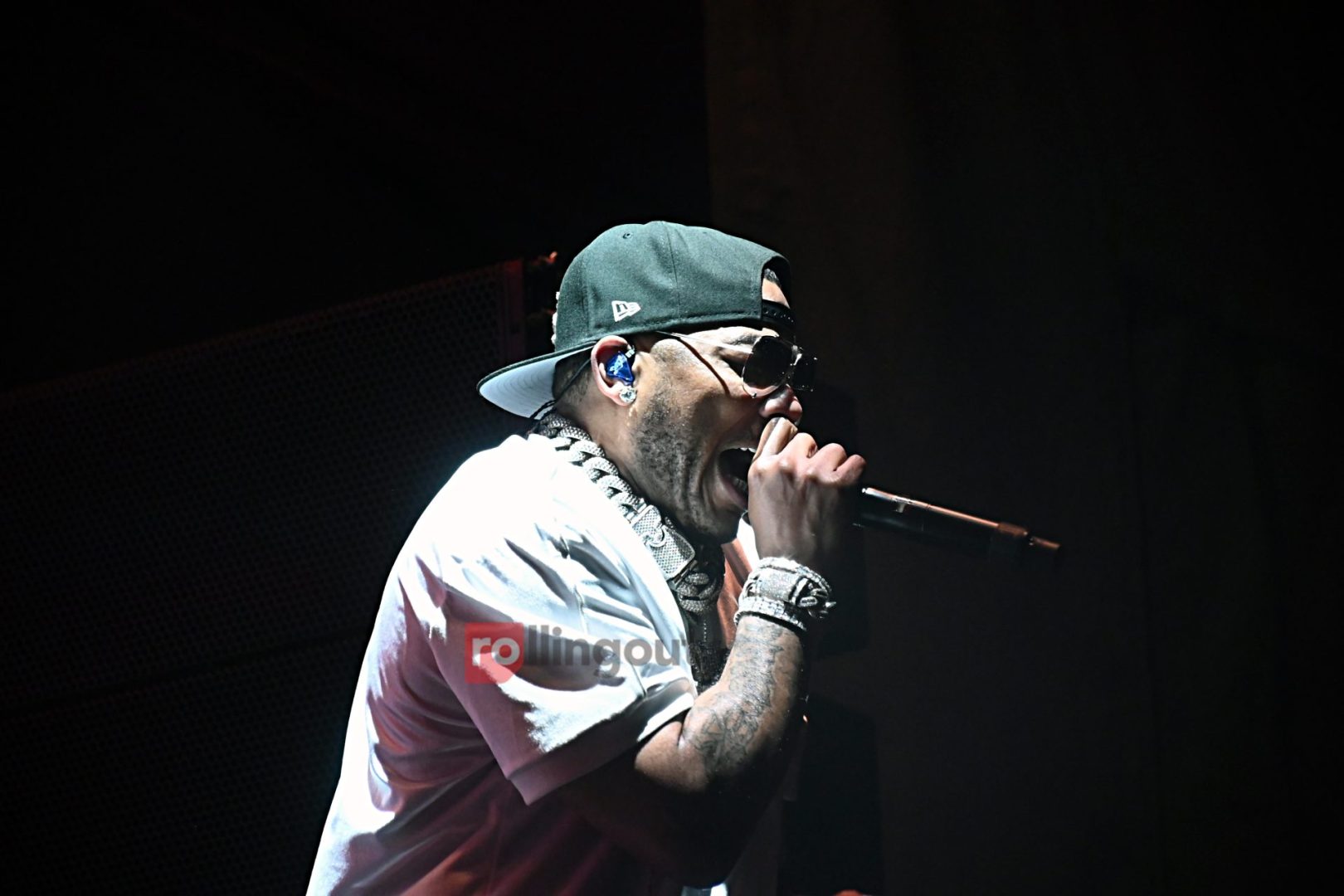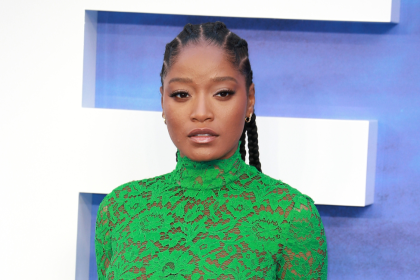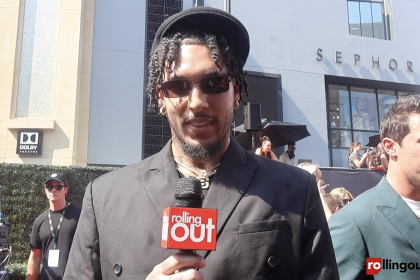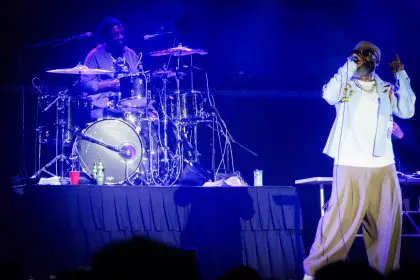Midnight Rodeo, a Springfield, Missouri bar, finds itself at the center of a federal lawsuit alleging unauthorized use of popular music tracks without proper licensing. The legal dispute illuminates the complex relationship between music copyright laws and venue responsibilities, creating potential ripple effects across the industry.
The legal challenge
Filed on March 3, 2024, in the U.S. District Court for the Western District of Missouri, the lawsuit contends that Midnight Rodeo allowed performances of copyrighted music without paying required fees to the American Society of Composers, Authors, and Publishers (ASCAP). Five ASCAP-affiliated record labels initiated the legal action, claiming the bar’s owners established a licensing agreement but subsequently failed to fulfill their financial obligations.
The ownership group of Midnight Rodeo, which includes 2 Rivers Inc., David Marsh Jr., and Melanie Marsh, had entered into an ASCAP licensing agreement effective March 1, 2021. This agreement was terminated after they reportedly missed payment deadlines by March 14, 2024, despite receiving written notification about overdue payments.
Continuing performances despite termination
According to the lawsuit, even after losing their license, the venue continued featuring music from ASCAP members. The unauthorized playlist allegedly included popular tracks such as Nelly‘s “Over and Over,” Tracy Chapman’s “Fast Car,” and LL Cool J’s “Headsprung.” This ongoing use of copyrighted material without valid licensing prompted the current legal proceedings.
Understanding music licensing frameworks
ASCAP represents more than one million songwriters, composers, and music publishers, serving as a crucial intermediary in the music industry. The organization licenses public performances of members’ works, collects appropriate fees, and distributes royalties to artists. For businesses like Midnight Rodeo, ASCAP typically offers licensing options that provide legal access to over 20 million musical works. Most establishments pay approximately $2 daily for unlimited access to this extensive catalog.
Venue ownership perspective
David Marsh Jr. has voiced concerns regarding the nature of the dispute. He maintains that the conflict extends beyond standard music licensing issues, specifically relating to concert music licensing which he believes should fall under promoter responsibilities rather than venue obligations.
Marsh has expressed frustration about being charged for concerts when promoters receive the ticket revenue, noting the additional $5,000 annual cost for concert music licensing while receiving no revenue from ticket sales. His position highlights the often complicated division of responsibilities between venue owners and event promoters.
Broader implications for entertainment venues
This lawsuit serves as a significant warning for bars and music venues about copyright compliance importance. Establishments failing to secure appropriate licenses face substantial legal consequences, including potentially expensive litigation. For venue operators, understanding the intricacies of music licensing has become essential business knowledge.
As music industry regulations continue evolving alongside technological and distribution changes, venues must remain vigilant about their legal obligations to provide entertainment without copyright infringement. The Midnight Rodeo case also emphasizes ongoing discussions about licensing fee structures and the distribution of responsibilities between venue owners and event promoters.
Looking forward
The resolution of this case may establish important precedents for similar venues across the country. As digital music distribution continues transforming the industry, licensing structures will likely undergo further evolution, potentially requiring more clearly defined responsibilities between venues, promoters, and performing artists.
For now, Midnight Rodeo’s situation stands as a cautionary example of the financial and legal risks associated with music licensing compliance failures. Music venues must carefully balance entertainment offerings with proper legal frameworks to avoid similar complications. The case draws attention to the sometimes overlooked aspect of music business operations that can have significant financial ramifications for venue owners.












